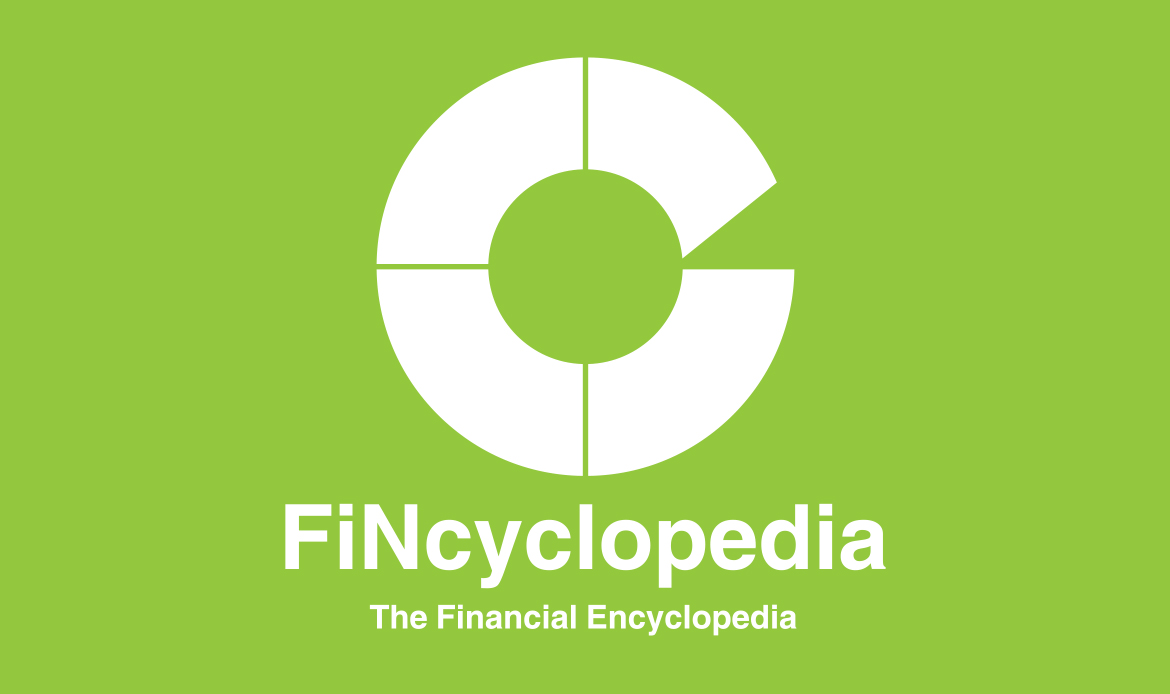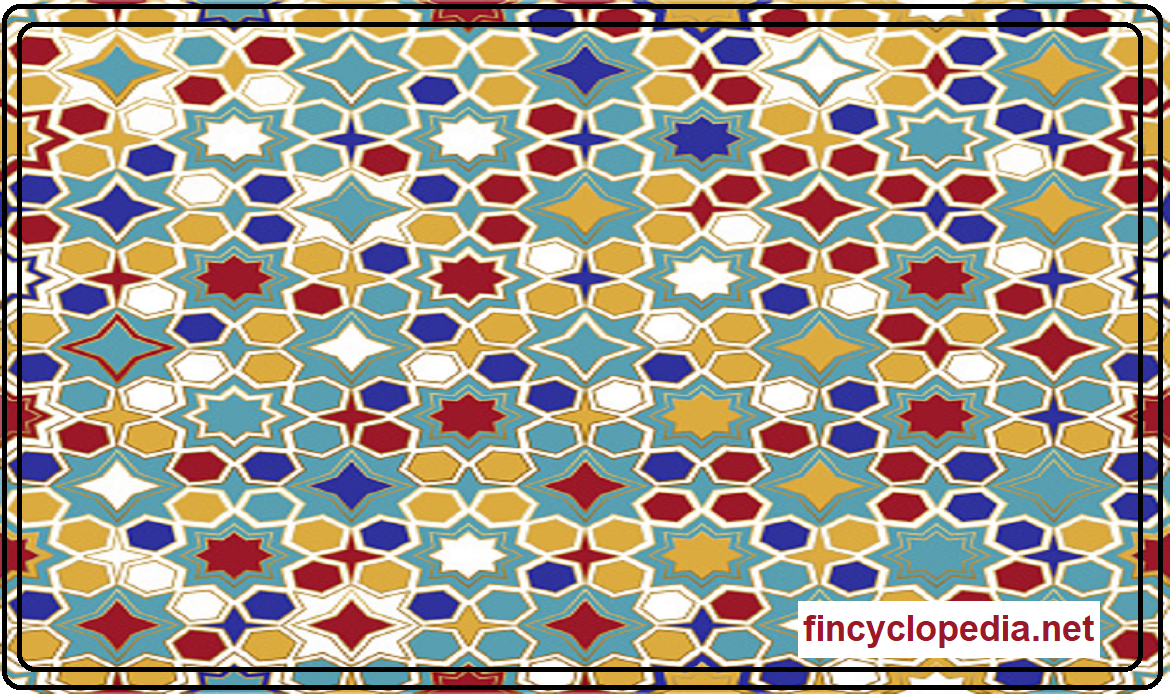A financial intermediary that mobilizes and directs funds (amwal) in a way compliant with shari’a principles and precepts (ahkam al-shari’a). An Islamic bank does borrow and lend money on an interest-free basis (riba-free borrowing and lending).
In economic terms, it collects money from surplus units (savers) and distributes them to deficit units (entrepreneurs and consumers). To that end, an Islamic bank operates on the basis of shari’a-compliant contracts (i.e., contracts or contractual agreements that do not involve interest-based lending and borrowing). For example, instead of relying on conventional loans, an Islamic bank uses various types of contracts such as leasing (ijarah), profit-sharing (musharakah), and sale (ba’i). On the other hand, the provision of funds is carried out through identical or similar contracts.
The first modern Islamic bank appeared in the 1960s in Egypt and thereafter, Islamic banking grew into an industry with more than $1 trillion in deposits (2013-2014) and more than 200 banks and financial institutions worldwide.





